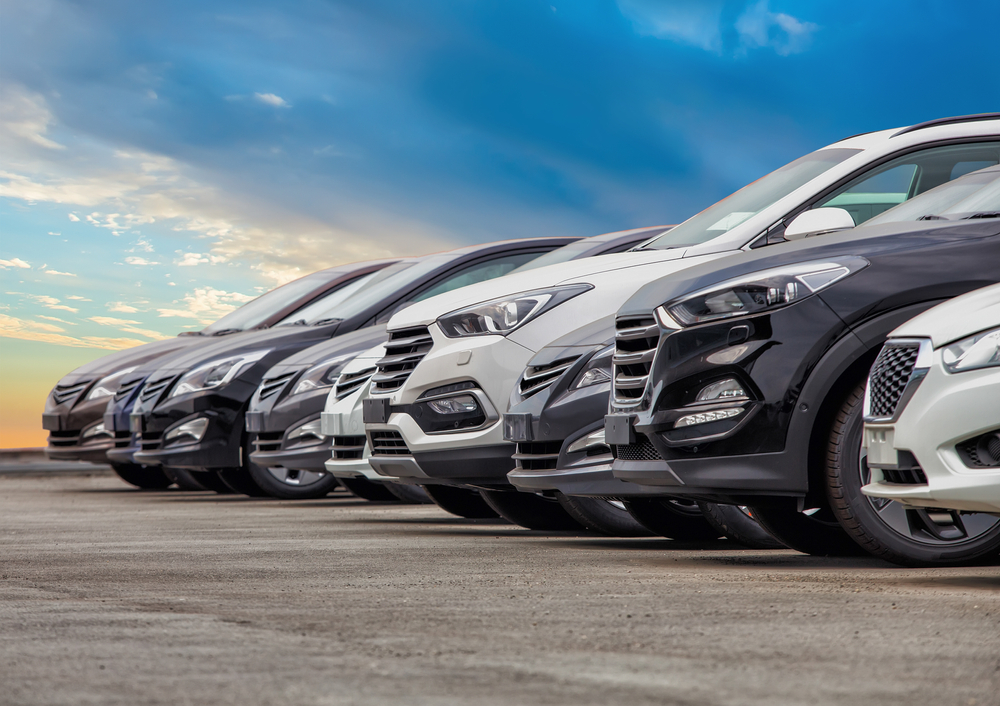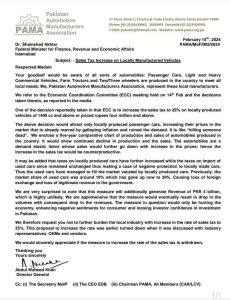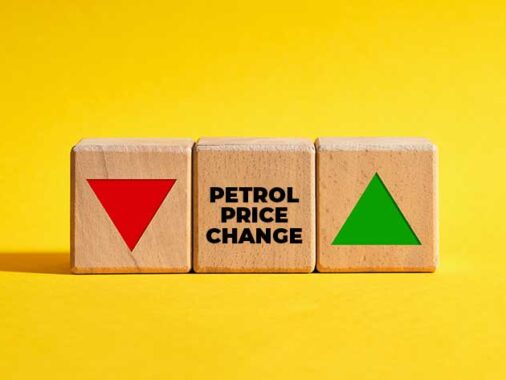Following the acceptance of the proposal to raise the General Sales Tax (GST) from 18% to 25% on all cars priced above Rs. 40 lacs with engine sizes below 1400cc, the local industry is alarmed by the potential negative impact on the already vulnerable car sector in the country.
The Pakistan Automotive Manufacturers Association (PAMA) has strongly criticized the recent decision to increase the sales tax on domestically produced vehicles. Describing the move as devastating, PAMA argues that it will further weaken the struggling auto industry and harm the Pakistani economy.
Primary Concerns:
Rising Prices: The 25% sales tax increase applies to cars above 1400cc or priced over Rs. 4 million, significantly impacting the market. This is expected to lead to higher prices, dissuading potential buyers in an already inflation-driven economy.
Decreasing Demand: PAMA highlights a five-year trend of declining production and sales in the car industry. The price increase is likely to further decrease demand, potentially offsetting any projected revenue gains.
Unfair Competition: While local cars face higher taxes, imported used cars remain unaffected, creating an unequal playing field and incentivizing used car imports. This results in foreign exchange outflow and reduced government revenue.
Investor Confidence: PAMA warns that the decision will undermine investor confidence and discourage further investment in the Pakistani auto industry.
The association urges the finance minister to retract the sales tax increase immediately. They suggest alternative measures to generate revenue, such as broadening the tax base or imposing taxes on specific luxury car segments.
Impact & Potential Solutions
PAMA’s concerns raise valid points about the potential negative consequences of the policy. It’s crucial to consider the impact on various stakeholders, including manufacturers, consumers, and the national economy. The government should carefully evaluate alternative revenue-generating measures that minimize harm to the auto industry and encourage sustainable growth.
The PAMA’s notification emphasizes its perspective for a balanced discussion, which involves considering government justifications and potential solutions. Exploring alternative revenue sources, promoting affordability through targeted taxation, and fostering a competitive domestic industry are critical aspects to consider for a flourishing Pakistani auto sector.







